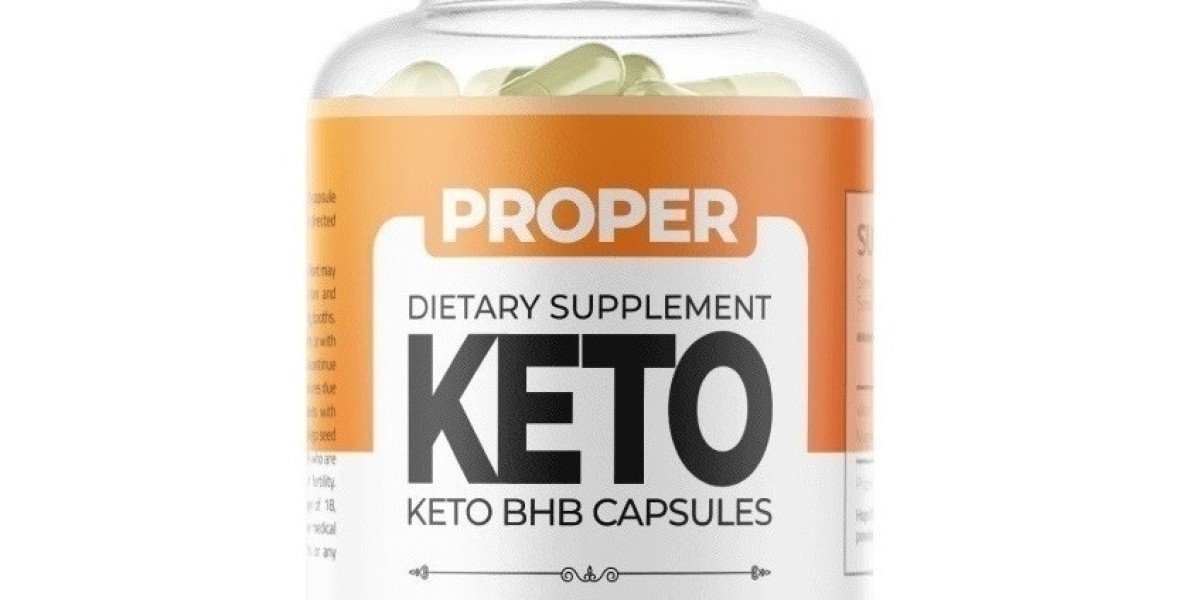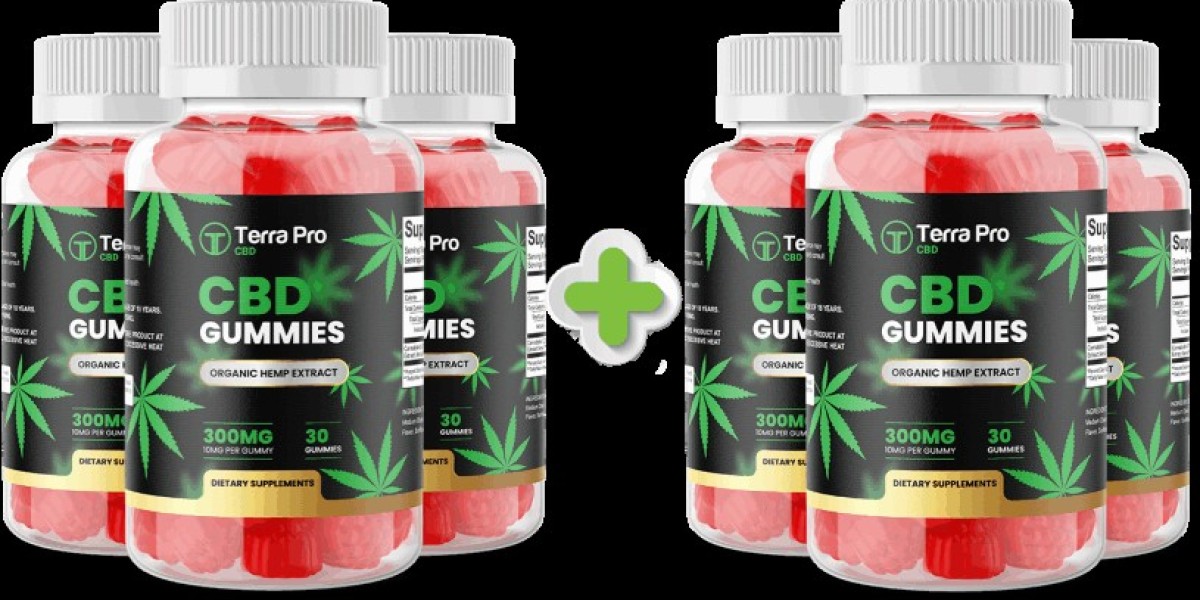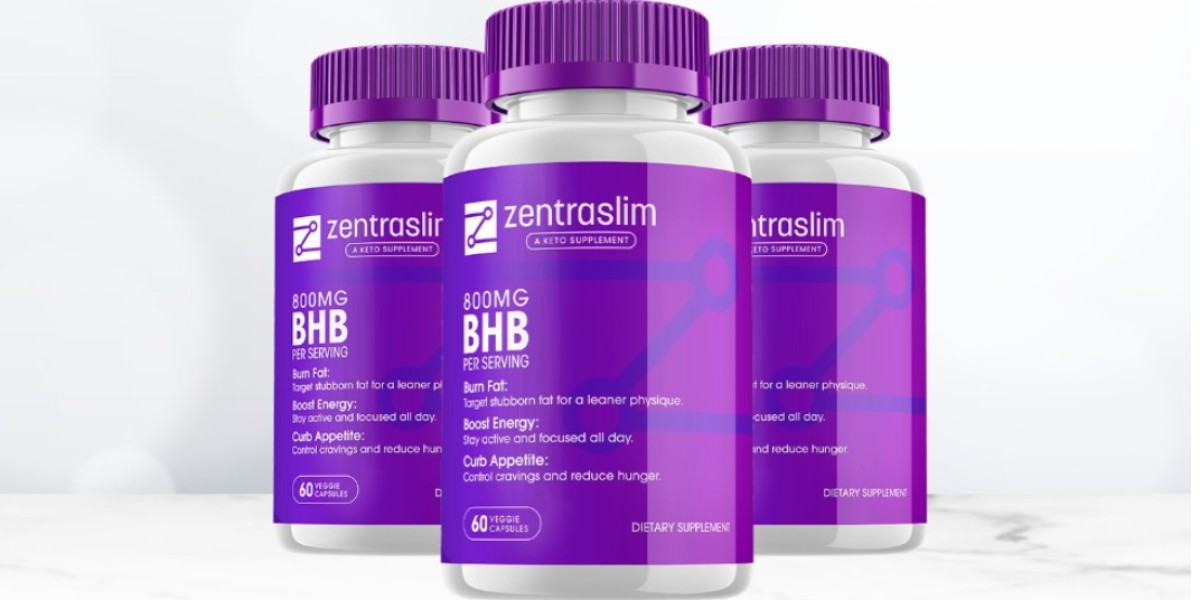Growing Public Health Awareness and Emergency Preparedness to Boost Australia Anti-Venom Market
The Australia Anti-Venom Market is witnessing significant growth due to rising cases of venomous bites from snakes, spiders, and marine creatures, along with increased public health awareness and government preparedness in managing such emergencies. According to Renub Research, Australia remains one of the most biologically diverse countries, hosting some of the world’s most dangerous venomous animals, including taipans, funnel-web spiders, and box jellyfish. These threats make anti-venom an essential component of the nation’s healthcare and emergency response systems.
As the healthcare sector advances in rural outreach, clinical diagnostics, and emergency response protocols, the need for rapid and effective anti-venom solutions has grown dramatically. This trend is expected to drive sustained demand across hospitals, pharmacies, and trauma centers nationwide.
? Access Full Report Here: Australia Anti-Venom Market Report – Renub Research
Australia’s Unique Biodiversity Increases Demand for Specialized Anti-Venom Solutions
Australia’s vast geography and diverse climate zones make it home to a wide range of venomous species. Common threats include:
Snakes: Eastern brown snake, inland taipan, tiger snake, death adder
Spiders: Funnel-web, redback spider
Marine animals: Box jellyfish, blue-ringed octopus, stonefish
Encounters with these creatures, particularly in rural and coastal regions, have necessitated the development of specific and regionally effective anti-venoms. Medical professionals in Australia must be equipped with fast-acting anti-venoms that are readily available, stable in storage, and easy to administer in emergency situations.
Rising Rural Exposure and Emergency Response Integration
One of the key drivers of the anti-venom market in Australia is the growing emphasis on rural and regional emergency preparedness. Many venomous animal encounters occur far from urban hospitals, prompting the government to strengthen its supply chain and distribution channels for anti-venoms across smaller clinics and remote facilities.
Programs that link ambulatory services, air medical evacuation, and telemedicine consultations are helping ensure that patients receive proper treatment within the critical window after envenomation. As these systems expand, the demand for stocking anti-venoms in regional centers and mobile units is rising.
Government and Institutional Support for Anti-Venom Production
Australia’s anti-venom production is led by well-established institutions such as Seqirus, a part of CSL Limited, which collaborates with the Commonwealth Serum Laboratories. These organizations collect venom from snakes and spiders, immunize host animals (typically horses or sheep), and extract antibodies to produce effective anti-venom serums.
Government agencies provide critical funding and regulatory support, ensuring that:
Anti-venoms remain affordable and accessible to all citizens
Production is aligned with WHO guidelines and Australian TGA standards
Anti-venoms are included in the National Immunisation and Antitoxin Programs
These initiatives not only ensure domestic supply but also allow Australia to export anti-venom to other Asia-Pacific nations facing similar venomous threats.
Technological Advancements in Anti-Venom Development
The Australia anti-venom market is also benefiting from biotechnology innovation and improved manufacturing techniques. Researchers are exploring:
Monoclonal antibodies to replace polyclonal animal-derived serums
Recombinant DNA technologies to synthesize antitoxins
Improved purification processes for greater safety and lower allergic reactions
Nanotechnology applications to enhance drug delivery and bioavailability
These technological strides are making anti-venoms safer, more effective, and easier to produce at scale—enhancing market capacity and responsiveness during public health emergencies.
Key Segments Driving the Anti-Venom Market in Australia
The market is segmented based on venom type, distribution channel, and end-user. Major segments include:
By Venom Source:
Snake anti-venom
Spider anti-venom
Marine animal anti-venom
Scorpion and insect anti-venom
By Distribution Channel:
Hospitals and trauma centers
Rural health clinics and primary care units
Veterinary clinics (for animal envenomation)
Pharmaceutical wholesalers
By End User:
Humans (primary focus)
Veterinary applications (for dogs, livestock, etc.)
Human healthcare dominates the market, but with an increase in pet ownership and livestock farming in rural areas, the veterinary anti-venom segment is also gaining traction.
Public Education and Safety Campaigns Supporting Market Growth
The Australian government and non-profits have actively engaged in public awareness campaigns focused on:
First aid measures for bites and stings
Safe interaction with wildlife
Emergency contact protocols
Importance of seeking immediate medical attention
Such education not only improves patient outcomes but also drives demand for widespread availability of anti-venom, even in lower-population zones. Schools, adventure tour operators, and outdoor activity providers are also stocking anti-venoms as part of their safety kits.
Export Potential and Global Relevance
Australia’s leadership in anti-venom production is recognized globally. Many Asia-Pacific nations, including Papua New Guinea, Indonesia, and parts of Southeast Asia, rely on Australian anti-venoms for treating snakebites and marine stings. As climate change and urbanization push wildlife into closer contact with humans across the region, export demand for anti-venoms from Australia is expected to rise.
Additionally, Australia is contributing to WHO’s goal of halving snakebite mortality by 2030 through research, donation, and training programs across the developing world.
Key Players in the Australian Anti-Venom Market
The competitive landscape of the Australian anti-venom market is relatively consolidated, with a few key players dominating production, research, and distribution. These include:
Seqirus (CSL Limited)
Australian Reptile Park (venom milking)
University of Queensland and Monash University (R&D partnerships)
Commonwealth Serum Laboratories (historical contributor to anti-toxin research)
These players work in collaboration with federal and state health departments to ensure continuous availability, safety, and efficacy of anti-venoms across the country.
Challenges: High Cost and Cold Chain Logistics
While Australia has one of the most robust anti-venom systems globally, the market still faces some key challenges:
High production costs, especially for rare venom types
Cold storage and transportation logistics, especially to remote locations
Potential allergic reactions and side effects in some patients
Underreporting of mild envenomation cases
Efforts are underway to improve data tracking, explore low-cost synthetic alternatives, and optimize supply chains to ensure better access even in sparsely populated regions.
Outlook: Building a Safer Future Through Preparedness and Innovation
The outlook for the Australia Anti-Venom Market is strongly positive. With continuous advancements in production technologies, strong institutional support, rising public awareness, and the country’s unique biodiversity, the demand for high-quality anti-venoms is set to remain steady and strong.
As the threat of venomous bites continues to grow in both rural and suburban Australia due to human expansion into natural habitats, anti-venoms will remain an essential pillar of public health infrastructure.
About the Company
Renub Research is a Market Research and Consulting Company with more than 15 years of experience, especially in international Business-to-Business Research, Surveys, and Consulting. We provide a wide range of business research solutions that help companies make better business decisions. We partner with clients across all sectors and regions to identify their highest-value opportunities, address their most critical challenges, and transform their businesses. Our wide clientele includes key players in Healthcare, Travel & Tourism, Food & Beverages, Power & Energy, Information Technology, Telecom & Internet, Chemicals, Logistics & Automotive, Consumer Goods & Retail, Building & Construction, and Agriculture. Our core team comprises experienced professionals with graduate, postgraduate, and Ph.D. qualifications in Finance, Marketing, Human Resources, Bio-Technology, Medicine, Information Technology, Environmental Science, and more.
Media Contact
Company Name: Renub Research
Contact Person: Rajat Gupta, Marketing Manager
Phone No: +91-120-421-9822 (IND) | +1-478-202-3244 (USA)
Email: rajat@renub.com
Report Link: http://renub.com/australia-anti-venom-market-p.php









